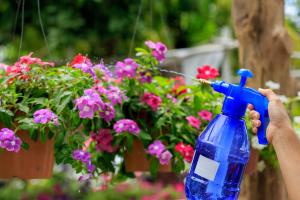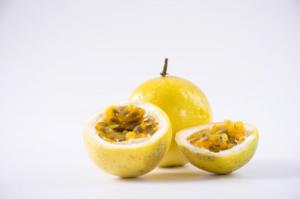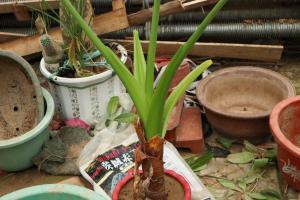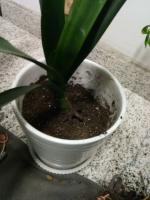Is Tap Water Bad for Air Plants?
Air plants, also known as tillandsia, have become increasingly popular as indoor decor. Their unique ability to absorb moisture and nutrients from the air make them a low-maintenance option for those without a green thumb. However, one common question among air plant enthusiasts is whether tap water is bad for these unique plants.
The Issue with Tap Water
Tap water is often treated with various chemicals, including chlorine and fluoride, to make it safe for human consumption. While these chemicals are necessary for our health, they can be detrimental to air plants. Chlorine, for example, can burn and dehydrate air plant leaves, while fluoride can build up over time and cause discoloration or damage to the plant's growth.
Air plants are native to tropical areas, where they receive water from rain and humidity in the air. Tap water often has a different pH level and mineral content than rainwater, which can also impact the health of air plants.
Alternatives to Tap Water
If tap water is not the best option for air plants, what alternatives are there? One option is to use distilled or filtered water. Distilled water has had all impurities removed, while filtered water has had some impurities removed through a filtration process. Both options can provide air plants with the moisture they need without the harmful chemicals found in tap water.
Another option is to collect rainwater for your air plants. This is a natural and cost-effective way to provide them with the moisture they need. Simply place your air plants outside during a rain shower, or collect rainwater in a container for later use.
How Often Should Air Plants be Watered?
The frequency at which air plants should be watered varies depending on the environment and humidity levels. As a general rule, air plants should be watered once a week by submerging them in water for 20-30 minutes. After watering, they should be placed in a well-ventilated area to allow excess water to evaporate.
If you live in an area with low humidity, you may need to water your air plants more frequently. Conversely, if you live in a humid environment, you may need to water them less often. It's important to monitor your air plants and adjust your watering schedule accordingly.
In Conclusion
Tap water can be harmful to air plants due to the chemicals and mineral content found in it. Instead, consider using distilled or filtered water, or collect rainwater for your air plants. Remember to adjust your watering schedule based on the environment and humidity levels where you live. By giving your air plants the proper care they need, you can enjoy their unique beauty as indoor decor.

 how many times do yo...
how many times do yo... how many planted tre...
how many planted tre... how many pine trees ...
how many pine trees ... how many pecan trees...
how many pecan trees... how many plants comp...
how many plants comp... how many plants can ...
how many plants can ... how many plants and ...
how many plants and ... how many pepper plan...
how many pepper plan...































